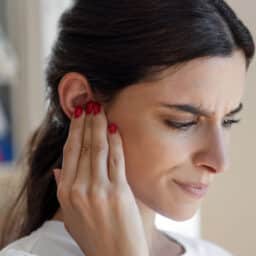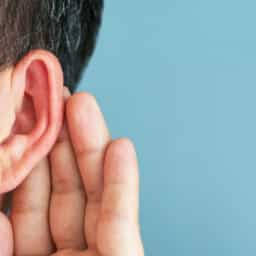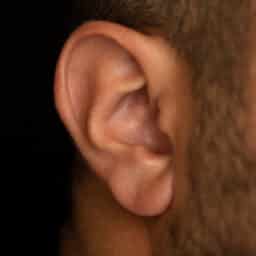What to Know About Sound Therapy for Tinnitus Relief

Tinnitus, which is the presence of ringing or buzzing sounds in one or both ears when no sound is actually present, has affected approximately 10% of the U.S. population at one moment or another. Although there is no cure for tinnitus, sound therapy has emerged as a widely used approach to help manage and lessen…
How to Prevent Hearing Loss in the Workplace

Many work industries, such as construction or manufacturing, pose a risk to hearing health. Luckily, both employers and workers can take steps to protect workers’ hearing. Understanding Hearing Loss Risks Workplaces that use heavy machinery, power tools and industrial equipment often expose workers to noise levels above 85 dB, where hearing damage can start to…
How Hearing Aids and a Love for Fashion Can Coexist

Approximately 28.8 million U.S. adults could benefit from hearing aids. These small but advanced devices collect and amplify speech sounds to bring clarity to your life. Despite their benefits, many first-time wearers avoid hearing aids due to worries about appearance. While these worries are natural, modern hearing aids are designed with both functionality and style,…
Understanding Hearing Loss and Your Options: A Helpful Guide for Patients

Hearing loss affects approximately one in 10 people in the United States. Whether your hearing loss makes it difficult to order your favorite On The Grind Latte or simply softens the occasional sound, finding the right treatment is crucial to an improved quality of life. Hearing aids and cochlear implants are two common solutions designed…
How Does Hearing Change Over Time

Hearing allows us to communicate, enjoy music and stay aware of our environment. However, as we age, our hearing ability may naturally decline in a condition known as presbycusis. Understanding why this happens and recognizing the signs can help manage and mitigate its effects, maintaining a better quality of life as you adapt to your…
Make the Most of Your Summer with Hearing Aids

Summer brings longer days and endless opportunities for fun, from picnics and outdoor concerts to barbecues and scenic hikes. For the 10% of people in the U.S. experiencing hearing loss, these activities can seem daunting. However, with the right hearing aids, you don’t need to miss out on one second of summer fun. Let’s look…
Cognitive Reframing Techniques for Tinnitus Management

Living with tinnitus, the persistent ringing or buzzing in the ears without an external source, can be challenging. For the 10% to 25% of adults affected by this internal ringing, finding relief can significantly improve their quality of life. One effective method to manage tinnitus is cognitive reframing. What is Cognitive Reframing? Cognitive reframing, which…
How Does Diabetes Affect Your Hearing?

Diabetes is a chronic condition that affects the body’s ability to process blood sugar. Whether due to insufficient insulin production or ineffective utilization, diabetes can have profound effects on various bodily systems if not managed properly, including hearing. The Connection Between Diabetes and Hearing Loss The inner ear’s blood vessels are exceptionally sensitive to blood…
5 Facts About Your Ears and Hearing

Understanding the intricacies of our auditory system can help us maintain our hearing health as we age. Recognizing when to use ear protection and adopting safer listening practices, including visits to healthcare professionals, all play a part in protecting our ears and hearing. Here are five lesser-known facts about your ears and hearing that can…
What To Know About Tinnitus Counseling

Tinnitus is a persistent ringing or buzzing in the ears when no actual sound is present. While there is no definitive cure for tinnitus, certain therapeutic methods have been recognized as effective symptom management options. Cognitive Behavioral Therapy (CBT) is one such method recommended by the American Academy of Audiology and the American Speech-Language-Hearing Association….